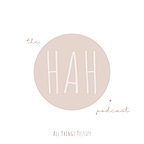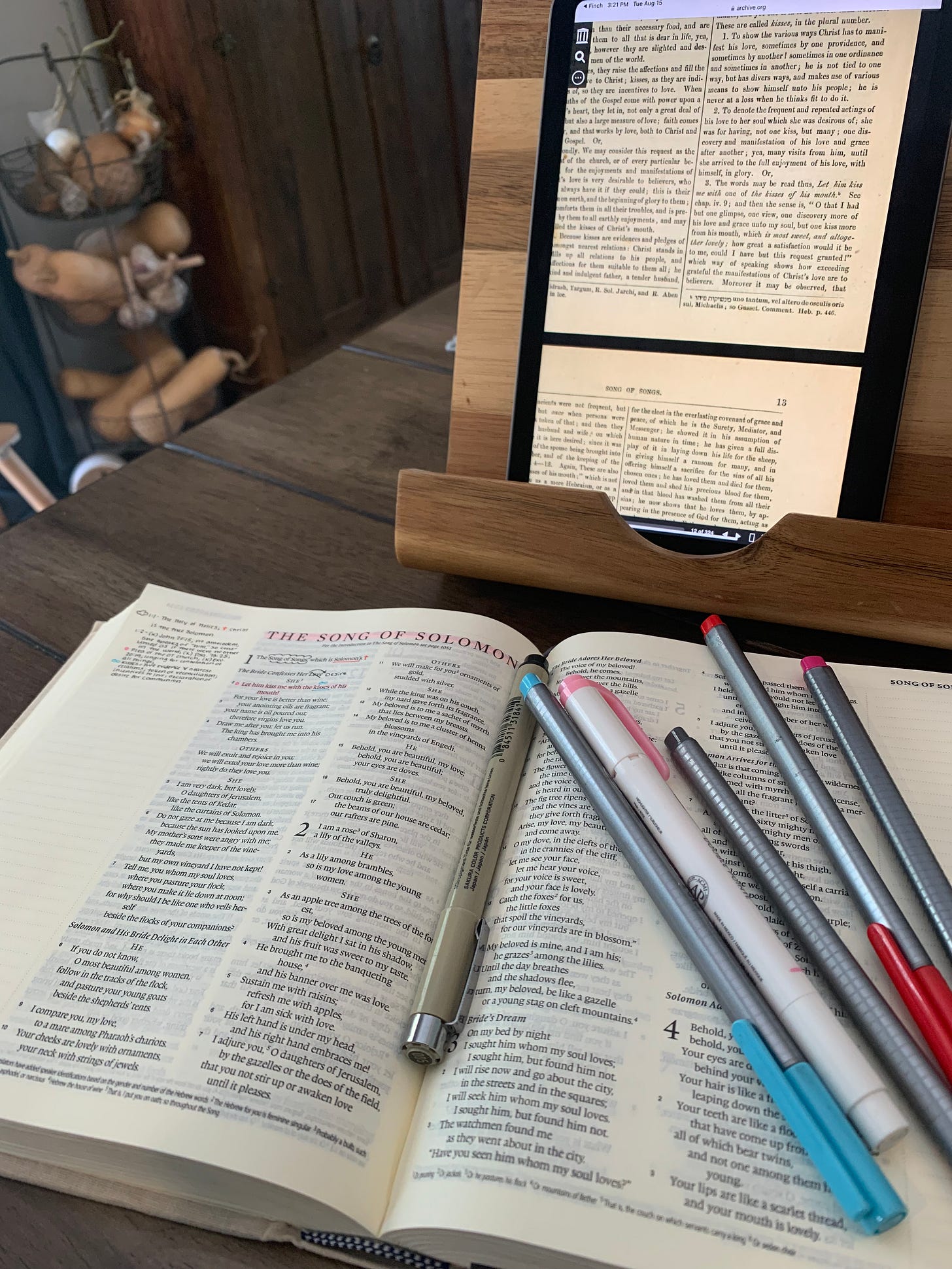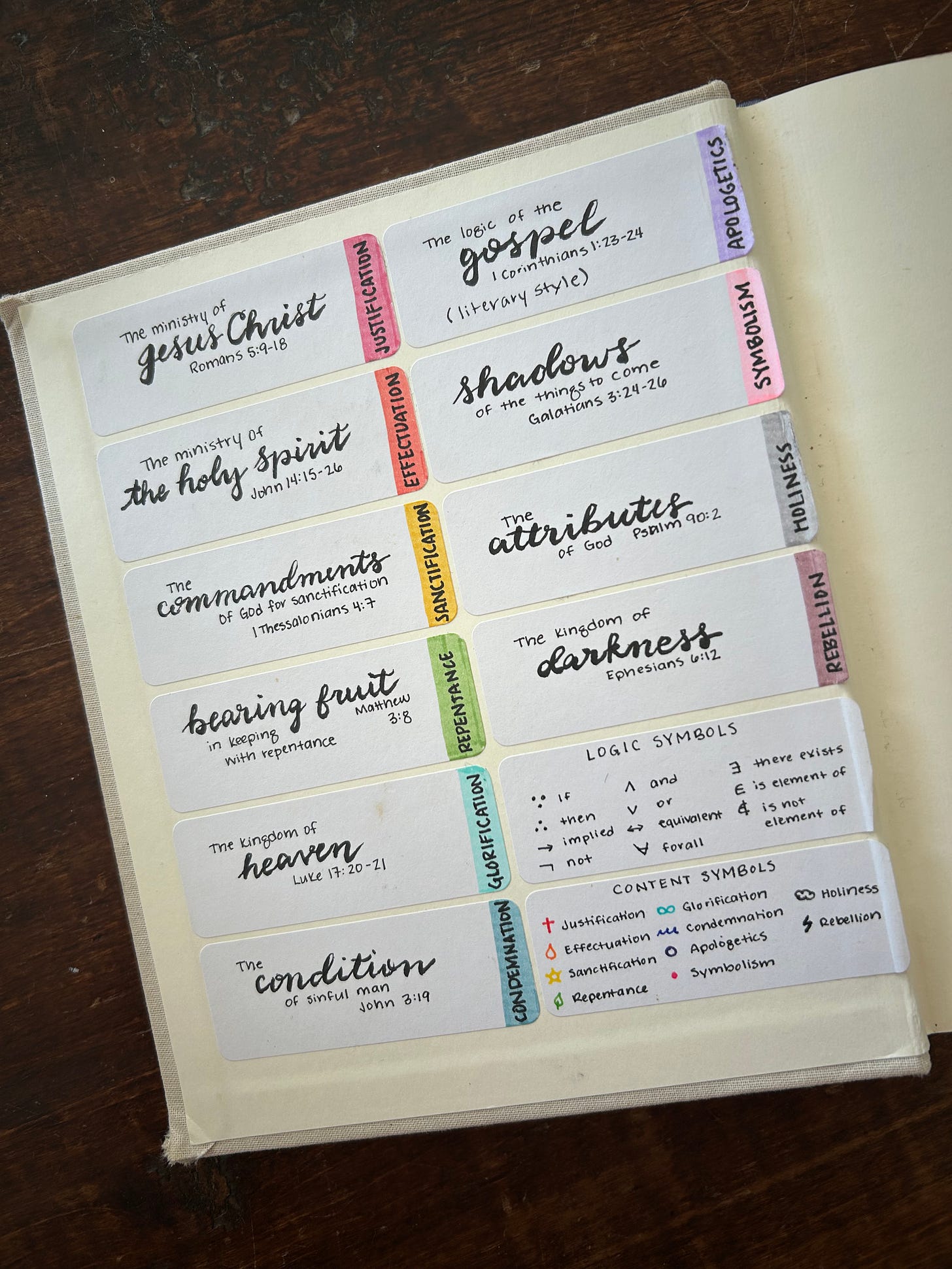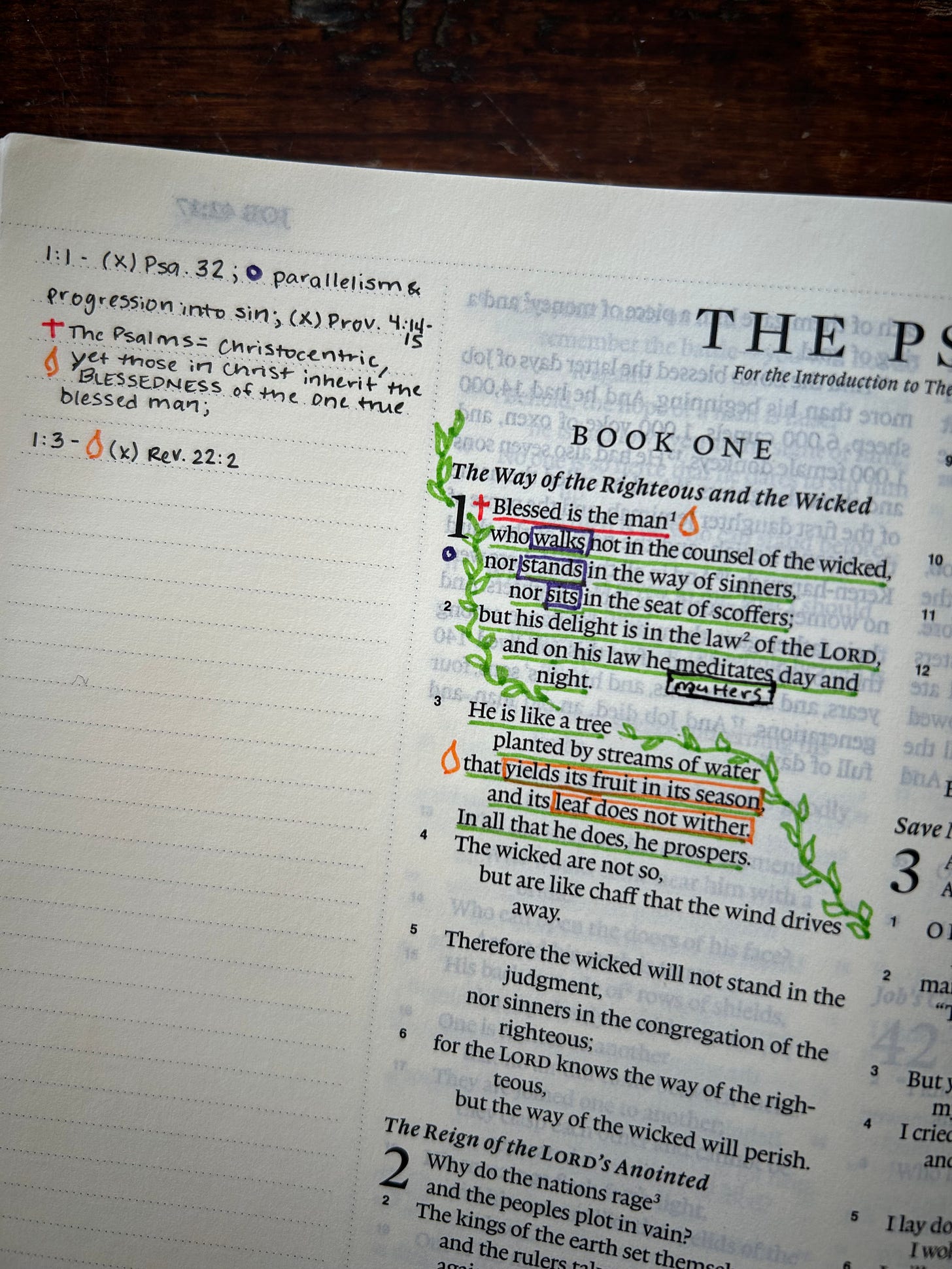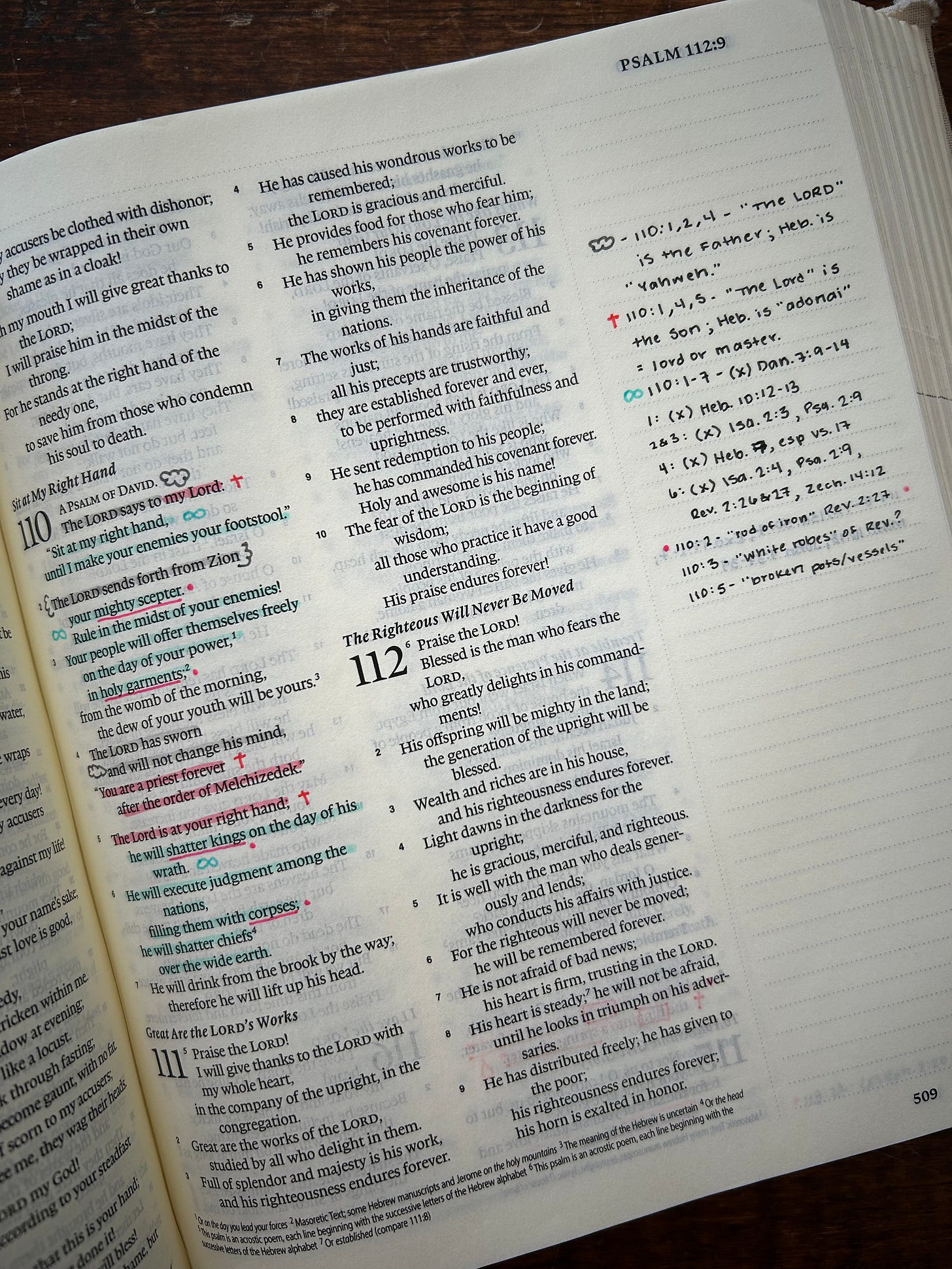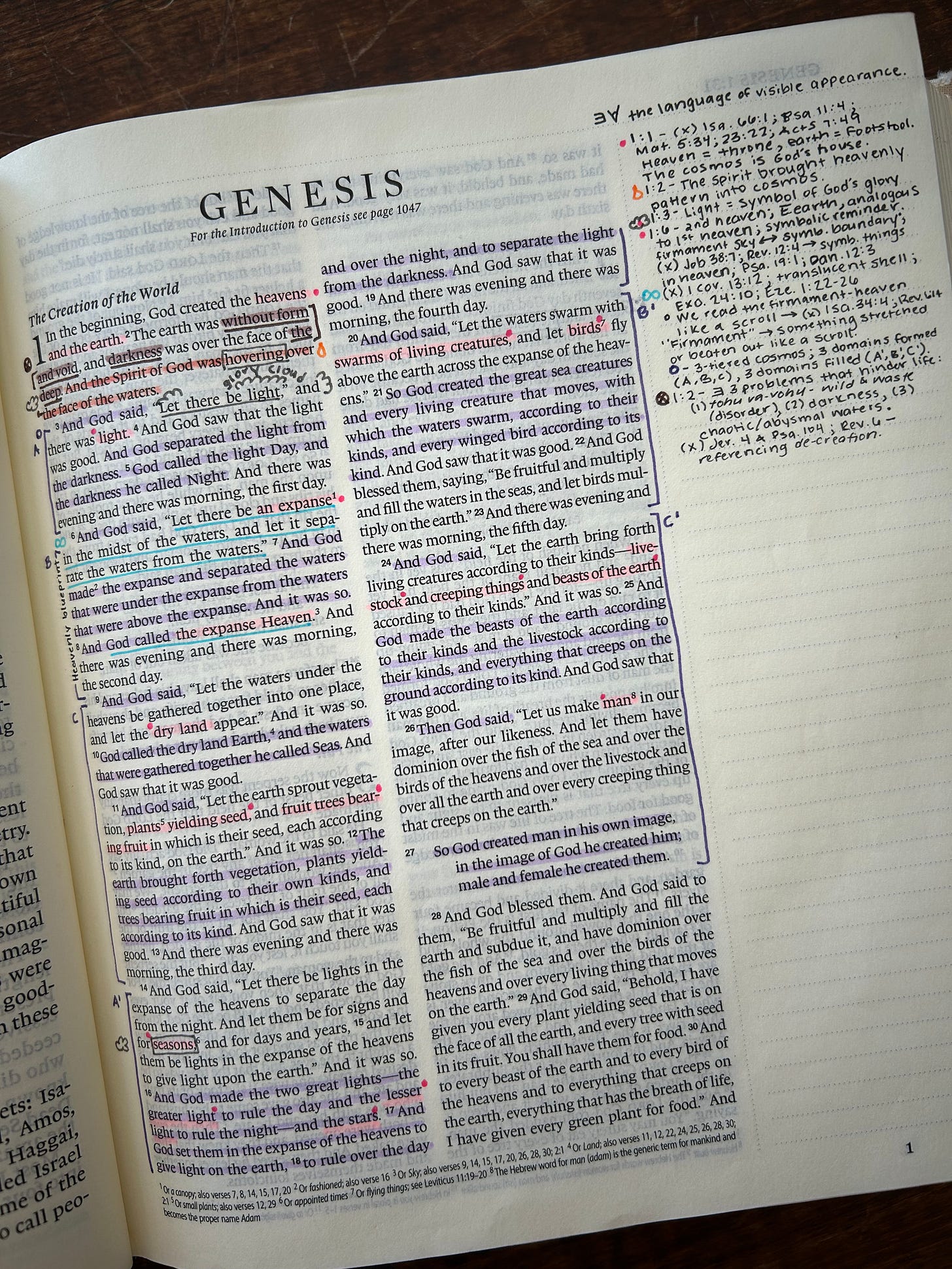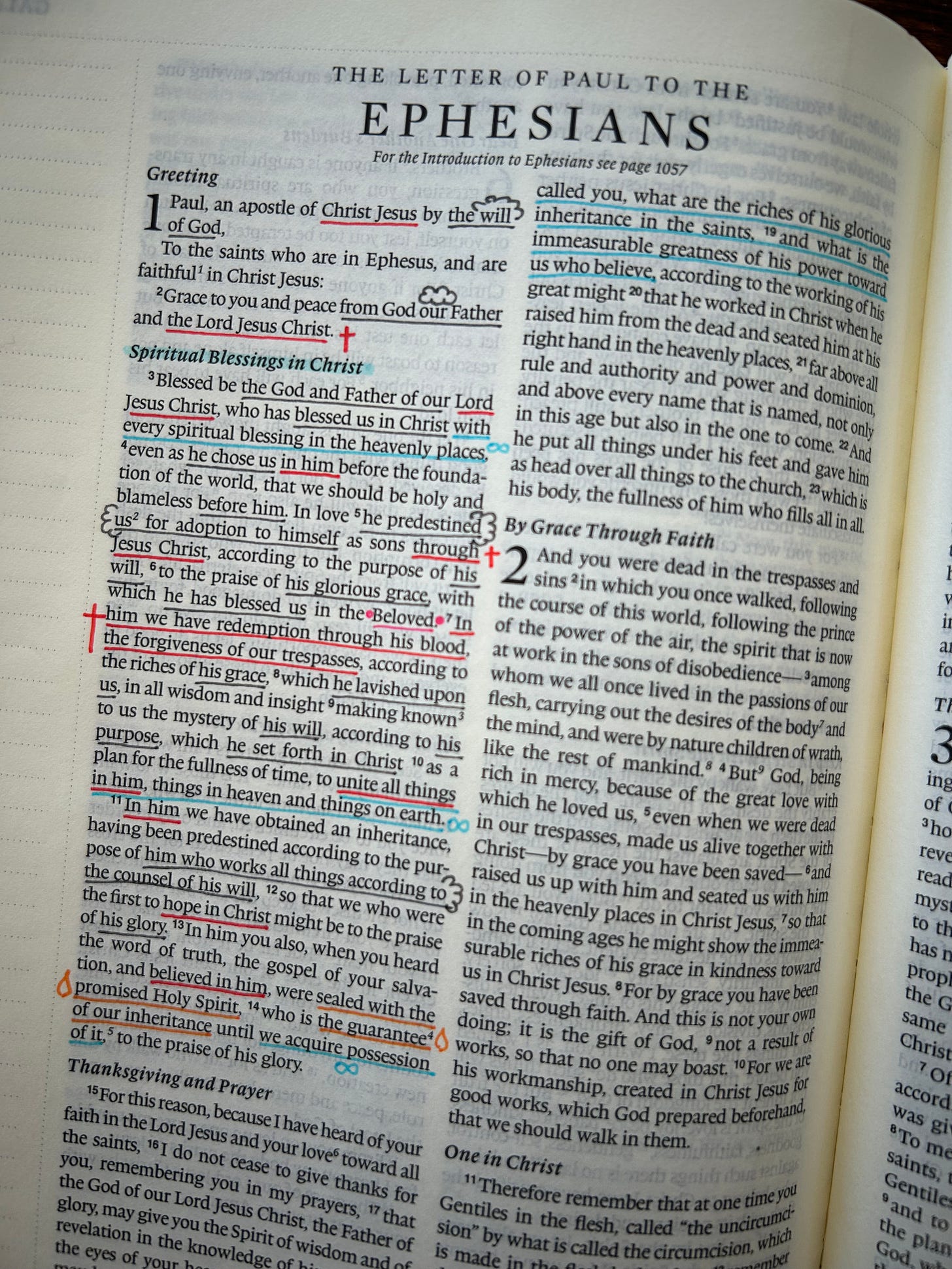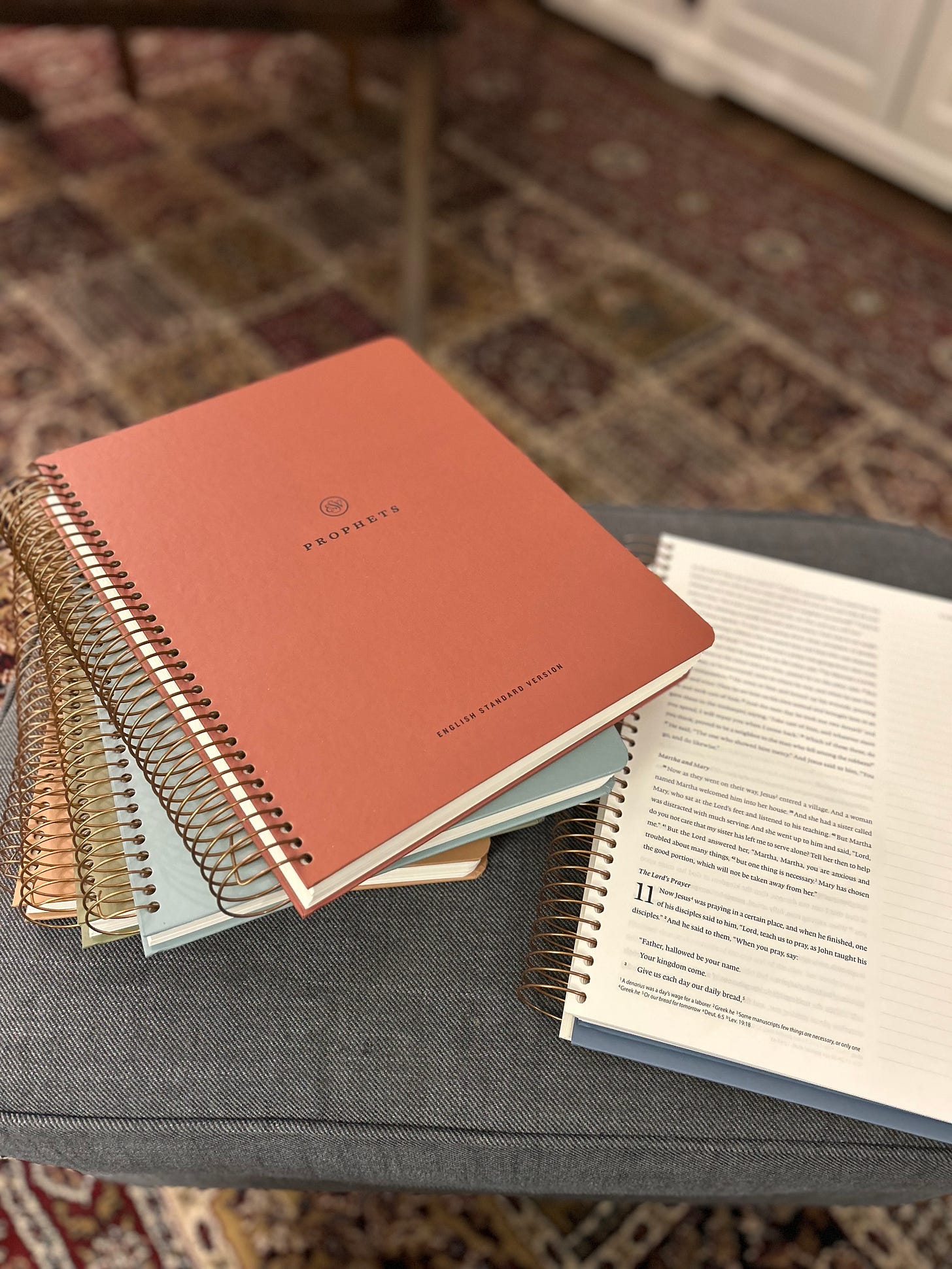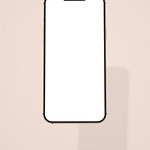So, a few months ago I polled my Instagram followers asking if they would like to see more personal content included in my writing or if I should just stick to writing about theology. Most people who answered the poll said they would enjoy more personal thoughts. Not at the expense of the academic, but in addition to it.
I also opened a box on my stories for followers to submit questions for me to write a series of Q&A posts. Some of them were still theological, and I intend to share my thoughts on those as well in the future. But I thought this would be a good way to open up more personal exchanges with readers and listeners. So here we go!
1. What has your motherhood experience been like?
I’ve come to accept that just about anything I say to answer this question will be a cliche. So, I’m going to answer it with what I think is the only correct answer. In my opinion, if this is not your motherhood experience, then you don’t really know what it means to be a mother.
Motherhood has been sanctification. There are plenty of opportunities to experience sanctification as a single woman, plenty as a married woman without children, and, certainly, there are women who remain in those states for most or all of their lives. But for most women I think peak sanctification opportunity comes with motherhood.
So, I’ll just speak for myself now. I am a really self-absorbed person. I mean, I’m not joking. And the more my responsibilities for others has expanded, the more that becomes evident. It’s really easy to think you are decently patient and charitable when you’ve only got yourself to think about. I was a pretty great person before kids. Now? Not so much.
I don’t know what the heck I was doing before kids. I’m not saying that like “Oh, my life had no purpose before children!” No, I mean, really, I can’t remember how I spent so much free time. (Not free time like sitting around with nothing to do—free time like having my mind and body to myself.) But I can absolutely take an educated guess. Most of it was spent on all this self-care stuff I see apps and influencers advertising. Every time I try one of these suggestions I am reminded that these things are built with mothers in mind. At least, not mothers like me who can’t get her kids to bed at night and can’t get out of bed in the morning because they won’t go to bed night. Dude, my destiny is NOT in my hands, I am in control of nothing.
I have always stayed home and haven’t worked since having kids. First child, didn’t really notice the self-absorption. Still was able to carve out time and energy just for myself. If nothing else, having a kid made me more focused on making sure I had time for me.
While other mothers lost touch with friends or showed up to Bible study in sweatpants and a messy bun, I was fully dressed with makeup and everything showing up places just a couple of weeks after birth. My house was neat. I had my perfectly hand-drawn bullet journal. And I remember a few times other moms commenting on how put together I was. “How is your house so clean?” “Oh, I just drop off the radar for like a year after having a baby.” “Wow, you look so nice?? How are you already back and you have lipstick on?” And I would just look at my friends thinking It’s not that hard??
Well, yeah, it’s not that hard if you’re self-absorbed!
And with each additional child the mask has come off a little bit more. I’m sure there’s more self-absorption lurking under there that would scare the daylights out of me if I happened to have another kid or two. Kind of hit my limit for now. None of us can handle seeing all of our flaws at once.
But that’s the point of motherhood. It’s supposed to make you feel like a blooming idiot who spends too much time looking in the mirror and making mountains out of molehills. You’re actually not very patient, you’re not that cool. Now get it together, you’ve got people to feed.
So that has been my experience in increasing degrees with each child.
I’m confident that almost everyone reading this knows that motherhood was designed to teach us about the attributes of God. There are infinite interpretations you can draw from the illustration of motherhood. But the one that has stuck out to me the most over the years relates to discipline. I’m not interested in sparking debate about what mode of discipline is appropriate, but I just want to draw attention to its unique expression of God’s character. Any time I have to deal with my children’s emotions (which is the cause of most of our strife), whether it be frustration, anger, disappointment, or the endless desire for my attention and approval, I always find myself contemplating “How does God deal with me?” Sometimes it’s after the fact when I’ve been rushed and impatient. But I always come back to that.
And honestly, I’ve learned that I care less about the actions of my children and more about the heart behind it—because that is how I think God deals with me. He is open to all my emotions. He listens, he can handle my outbursts, rage, and disappointment, and he waits til I get over myself to instruct me in what’s good and right. Then he backs up and lets me try again. This time, if I’ve cared at all about my Father’s approval (and what child doesn’t want that of a good father?), I’ll succeed. Sheerly from watching his consistently patient and loving example.
I hope my future years as a mother look more like that than my self-absorbed former years. I still think a lot about myself, but by the grace of God in the gift of motherhood that’s changing day by day.
2. How do you study the Bible?
I love this question. I’m not exactly sure how to answer because I don’t have a really concrete set of resources and I’m not very consistent with my system.
If you have been reading my Substack for a while, you know my niche is biblical symbolism. That is mostly what I talk about. And if you have a conversation with me about theology, eschatology sure to come up. Those things have a lot to do with how I read and study the Bible.
I don’t really study it to figure out what I’m supposed to do with my life or my behavior. To me, those things are or become evident just getting to know God. I think life application just flows from knowing what God is like and, if you are his child, just being inspired to emulate his character in your own life. That is just my very layman way of saying what the Bible says: “Be holy because I am holy” (1 Pet. 1:16b).
If I’m not mistaken, the disciples always structured their letters first talking about the attributes or character of God, reminding the church what they know about him. Then concluded their letters saying “Because you know this about God, this is how you ought to behave.” But it always started with putting the example of Christ and the love of God on display.
So that is how I study. And I have learned that the method by which I unearth the most about God’s character is through symbolism, which is illustrated in creation and interpreted through scripture. They comment on each other and give us different but complimentary tangible experiences of the invisible God. One like a sacrament for the eyes and the other for the ears. For me, what better way to get to know a person than to study their work? And what I have found is that literally every macro and micro system in creation speaks the gospel, which is God’s greatest work. And that’s why my Substack is titled “All Things Testify.”
So, with that in mind as the overarching structure of my studies, here are some pictures of me putting it on paper.
Color-Coding the Components of the Gospel
I have a little journaling Bible I got a couple of years ago that is beautiful and I have really enjoyed working in it. Below you can see my system of colors and symbols I use to break passages down into their gospel components.
For example, red highlights the ministry of Christ, orange is the work of the Holy Spirit, and yellow marks explicit commandments. Each color has a coordinating symbol just for versatility and to help me remember what each color represents. And the symbols also serve to connect the passage with the notes relating to it in the margins.
I also use logic symbols like short hand in the margins to make simple arguments from the text. And if I have a cross reference that helps expound on the point I want to remember from a passage, I mark that with “(x)” in the margin.
I use both highlighters and felt tip pens so I can mark a passage twice or even three times if there is more than one gospel aspect or symbolic meaning I want to note in a text.
For example, in Psalm 1:1 I have marked in red Christ’s role in the verse, marked with the orange symbol the Holy Spirit’s role, and cross-referenced Psalm 32, which expounds on the nature of the blessed man, specifically that we inherit through the work of the Holy Spirit what THE Blessed Man achieved. I’ve also marked in purple a literary device used to make the point. And all of that is a subset of the green leaves which marks the theme of the larger passage—that the blessed man is one who bears fruit in keeping with repentance.
Here are a few more examples:
There is so much more to decode in each of these passages, but that was all I got to marking down at the time. I like to really take my time and be sure of what I want to note before I put pen to paper. And even then I’m overwhelmed with the possibilities and how much I want to keep filed right there on the page next to scripture.
For that reason, I’ve been seeking a larger journaling Bible so that I can fit all my notes on the page. (I write very very small.) I found one I loved and my parents got it for me for my birthday (which is in just a couple of weeks!). It comes in five volumes, so if you are looking for something to fit all your study notes in, you would probably be as excited about this as I am!
(Full disclosure: I have linked the set below. If you order something through this link, I will make a commission.)
3. Out of all your hobbies, which is your favorite one?
Alright, this absolutely cannot be narrowed down. I don’t have just one favorite hobby. Actually, I looked up the definition of the word “hobby” and Meriam-Webster said…
a pursuit outside one's regular occupation engaged in especially for relaxation.1
…and I’m not sure I have even one hobby, cause I don’t know how to relax. I am fairly sedentary, so it doesn’t look like I don’t know how to relax; I tell people all the time, “God gave me boys because he knew I wouldn’t get up otherwise.” But truly, I don’t hobby so much as I hyper-fixate. I sit down a lot because my mind is always running full speed. I’m either thinking or planning or reading or writing or planning what to write or planning how to be more productive or ideating or theorizing recording and analyzing data.
I’ve heard some people have a nothing box or some people don’t have a narration running in their head at all times and I just have no concept of what that’s like. But the point is I’m never doing these things to relax or let my mind rest; it’s always striving towards a goal.
So my current hyper-fixations are trading stocks, reading about and replacing ultra-processed foods (UPFs) in mine and my family’s diet, budgeting, and, of course, writing. Right now I am contemplating adding a homemaker’s journal to my public archive, but that will only be if I can manage to get up earlier (another hyper-fixation of mine right now: habit building).
Other things I enjoy in cycles: sewing, gardening, knitting and crocheting, researching or skill-building, journaling, learning foreign languages, writing music, singing, playing instruments, building capsule wardrobes, making lists, drawing, etc.
The only “hobby” that has been consistent from the time I was old enough to spell is writing. And I would say writing is something I am bound to do out of necessity, not for relaxation or even necessarily for fun. It’s the only way I can make sense of my thoughts and feelings and the only way I can express myself well. For that reason, it has to be my favorite and something I will always do.
Sometimes it’s lyrics (which is just me processing emotions), sometimes it’s an article (which is just me processing what I think about a subject), sometimes it takes the form of a conversational journal entry (which is just me taking inventory of myself). But one thing I never expected my writing to be was something anyone else cared about or understood. But here you are reading and, hopefully, relating.
And that leads me to concluding with a cliche the same way I started this [I think we’ll file this under] “journal entry.” The fact that you are reading or care about anything I think is *cringe*: a dream come true.
So, thank you.
Until the next Q&A!
(If you would like to submit questions for future Q&As, you can comment or email me!
If you would like to support my work, you can leave a tip by clicking the button below!)
https://www.merriam-webster.com/dictionary/hobby


